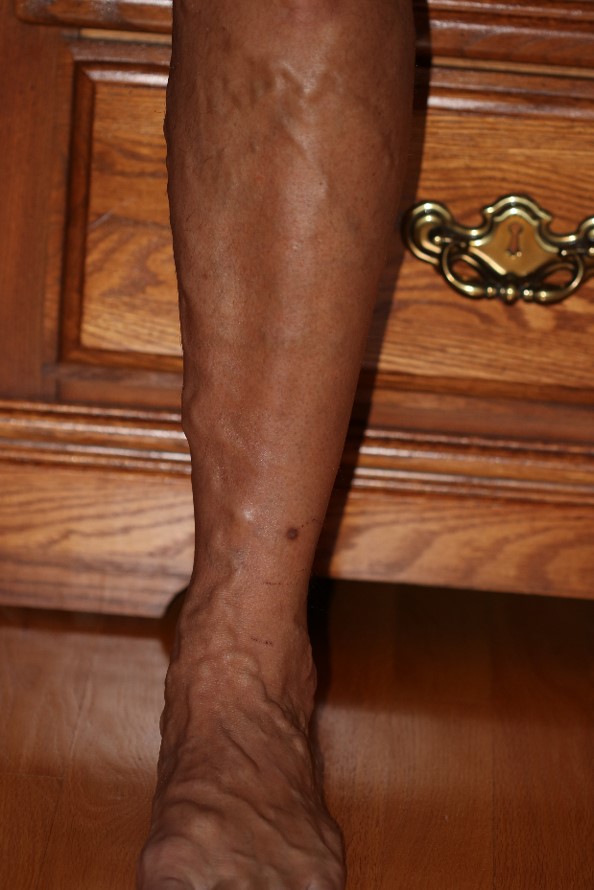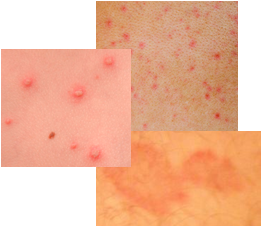- Home
- Spider Veins
- Laser Surgery for Varicose Veins
Laser Surgery for Varicose Veins
Varicose veins are a prevalent condition affecting millions of people worldwide. They are swollen, twisted veins, usually appearing in the legs, that can cause discomfort and lead to more severe health issues if left untreated. With the advances in medical technology, various treatment options have emerged, one of the most promising being laser surgery for varicose veins. This article aims to provide a detailed overview of this innovative procedure and help you determine whether it is the right solution for your varicose vein problem.
Laser Surgery for Varicose Veins
Laser surgery for varicose veins is a minimally invasive procedure that uses laser energy to seal off damaged veins, thereby improving circulation and reducing the appearance of varicose veins. Unlike traditional surgical methods, laser treatments offer a less painful and quicker recovery route to vein health. This procedure is often recommended for individuals who seek a less invasive option with minimal downtime.
The human venous system is intricate, with leg veins playing a crucial role in returning blood to the heart. When these veins fail to function correctly, due to weakened valves, blood pools in the veins, causing them to enlarge and become varicose. Laser surgery targets these malfunctioning veins without affecting surrounding tissues.
Types of Laser Surgery for Varicose Veins
Laser surgery for varicose veins comes in two main types: endovenous laser treatment (EVLT) and simple laser treatment. EVLT is performed using a laser fiber inserted directly into the vein, offering a high degree of precision in targeting and closing the problematic vein, while simple laser treatment is used for smaller surface veins, often serving as a complementary therapy.
Candidates for laser surgery typically include individuals with significant discomfort due to varicose veins, those experiencing complications like skin ulcers, and people seeking cosmetic improvement. Your healthcare provider will perform a detailed assessment to determine if you are a good candidate for this type of surgery.
Preparing for laser surgery involves a comprehensive evaluation by a qualified vascular specialist. This usually includes a physical examination and an ultrasound to assess vein function and structure, aiding in the precise planning of the procedure.

The procedure itself is typically completed in less than an hour. During EVLT, local anesthesia is applied, and a thin laser fiber is inserted into the vein through a small puncture. The laser energy heats the vein walls, causing them to collapse and seal shut, redirecting blood flow to healthier veins.
One of the most attractive aspects of laser surgery for varicose veins is its minimal recovery time. Most patients can resume normal activities within a day or two, although wearing compression stockings is usually recommended to aid healing and circulation.
Post-surgery, patients may experience mild discomfort, bruising, or swelling, but these symptoms typically resolve within a few weeks. Following your physician’s post-operative care instructions is essential for optimal results and recovery.
While complications are rare, it's important to be aware of potential risks, such as blood clots, skin burns, or nerve damage. However, with an experienced specialist, the risk of complications is significantly minimized.
The cost of laser surgery for varicose veins varies based on the extent of treatment and geographical location. It is often considered a medical necessity rather than cosmetic, which may result in partial or full insurance coverage.
Many studies affirm the efficacy of laser surgery for varicose veins. Research shows that EVLT has a high success rate, with many patients experiencing long-term relief of symptoms and recurrence rates lower than traditional surgical methods.
Apart from symptom relief, laser surgery can significantly enhance quality of life. Many patients report improved self-esteem and confidence wearing clothes that they previously avoided due to unsightly veins.
The decision to undergo laser surgery should involve a discussion with your healthcare provider regarding other treatment options, such as sclerotherapy or radiofrequency ablation. This ensures that you choose the procedure that best suits your needs and health profile.
For some individuals, lifestyle changes complement laser surgery, improving overall vein health. These include regular exercise, elevating legs, maintaining a healthy weight, and avoiding long periods of standing.
Understanding the symptoms of varicose veins is crucial to identifying when to seek treatment. Symptoms may include aching, heavy legs, throbbing, swelling, and visible veins. If you experience these symptoms, a consultation with a vascular specialist is advisable.
Laser surgery is an excellent option for those with spider veins, which are smaller than varicose veins but can still cause aesthetic concerns and discomfort. This procedure helps eliminate spider veins with precision.
It's important to select a qualified and experienced vascular specialist to perform the procedure. This significantly lowers the risk of complications and improves overall results.
Patient testimonials often highlight satisfaction with laser surgery for varicose veins, emphasizing the fast recovery, reduced pain, and significant improvement in the appearance and symptoms of varicose veins.
Laser surgery's technological advancements are continuing to evolve, increasing its safety, efficacy, and patient satisfaction rates. This ensures ongoing improvements in vein treatments and patient outcomes.
The procedure's minimally invasive nature and quick recovery make it an appealing choice for those seeking solutions for leg veins. By addressing both the symptoms and aesthetic concerns, laser treatment has become a cornerstone of modern vein treatments.
If you suspect you have a varicose vein problem and seek an effective treatment offering minimal disruption to your daily life, consider consulting with a healthcare provider about laser surgery for varicose veins. This procedure could be the key to healthier veins and improved quality of life.
